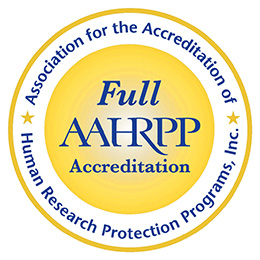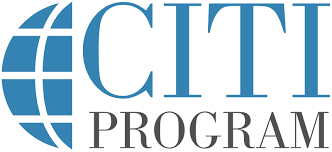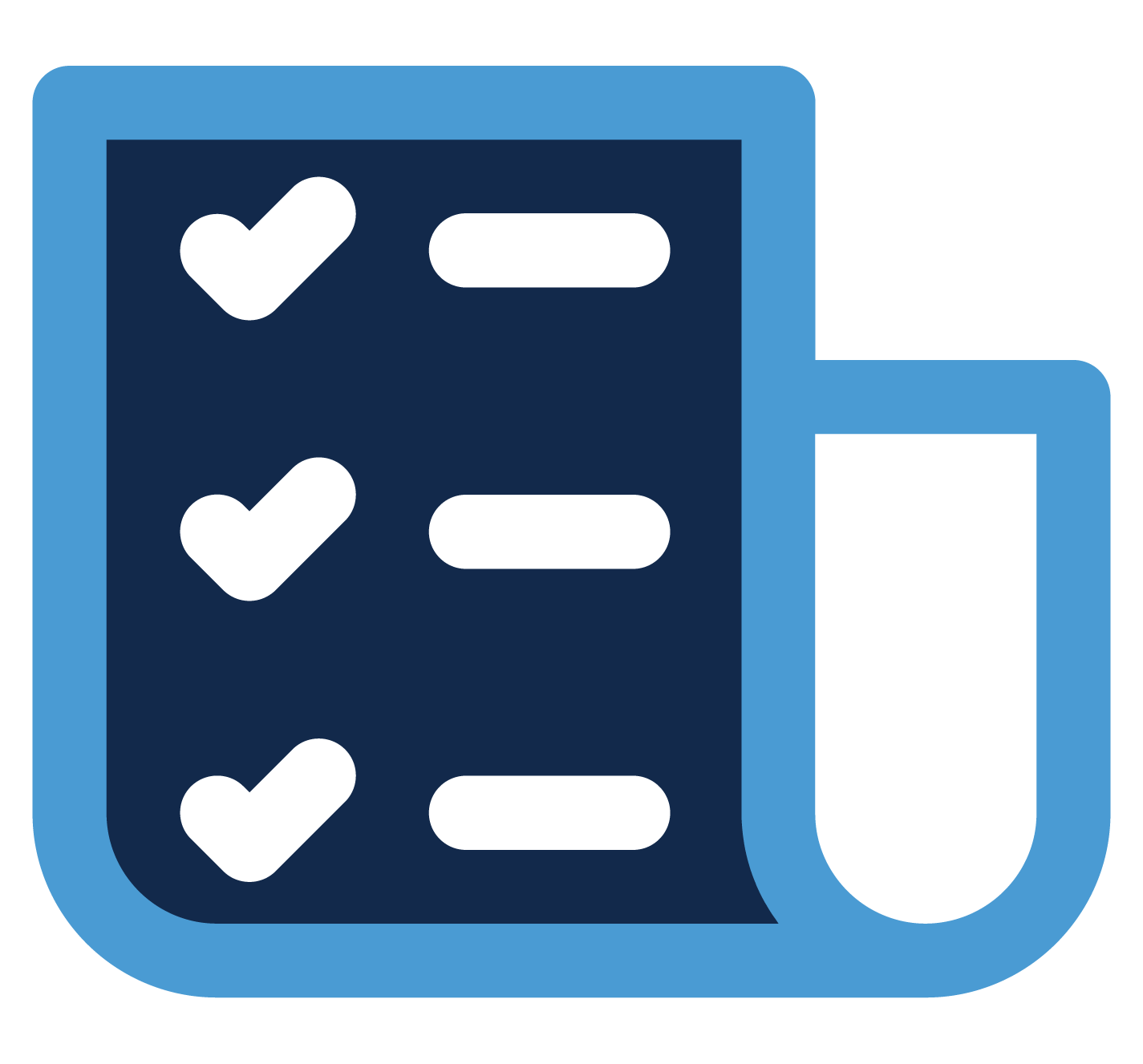IRB and the Office of Human Research Ethics
New Submission Status in IRBIS: Pending COI Review
 There is a new submission status in IRBIS called “Pending COI Review.” This new status will be used when OHRE has completed the submission review, yet the COI disclosure is still pending review by the COI Office. Read more…
There is a new submission status in IRBIS called “Pending COI Review.” This new status will be used when OHRE has completed the submission review, yet the COI disclosure is still pending review by the COI Office. Read more…
The Office of Human Research Ethics (OHRE)  is responsible for ethical and regulatory oversight of research at UNC-Chapel Hill that involves human subjects. The OHRE administers, supports, and guides the work of the Institutional Review Boards (IRBs) and all related activities. Any research involving human subjects proposed by faculty, staff, or students must be reviewed and approved by an IRB before research may begin, and before related grants may be funded.
is responsible for ethical and regulatory oversight of research at UNC-Chapel Hill that involves human subjects. The OHRE administers, supports, and guides the work of the Institutional Review Boards (IRBs) and all related activities. Any research involving human subjects proposed by faculty, staff, or students must be reviewed and approved by an IRB before research may begin, and before related grants may be funded.
Frequently Used Services
Get Started








